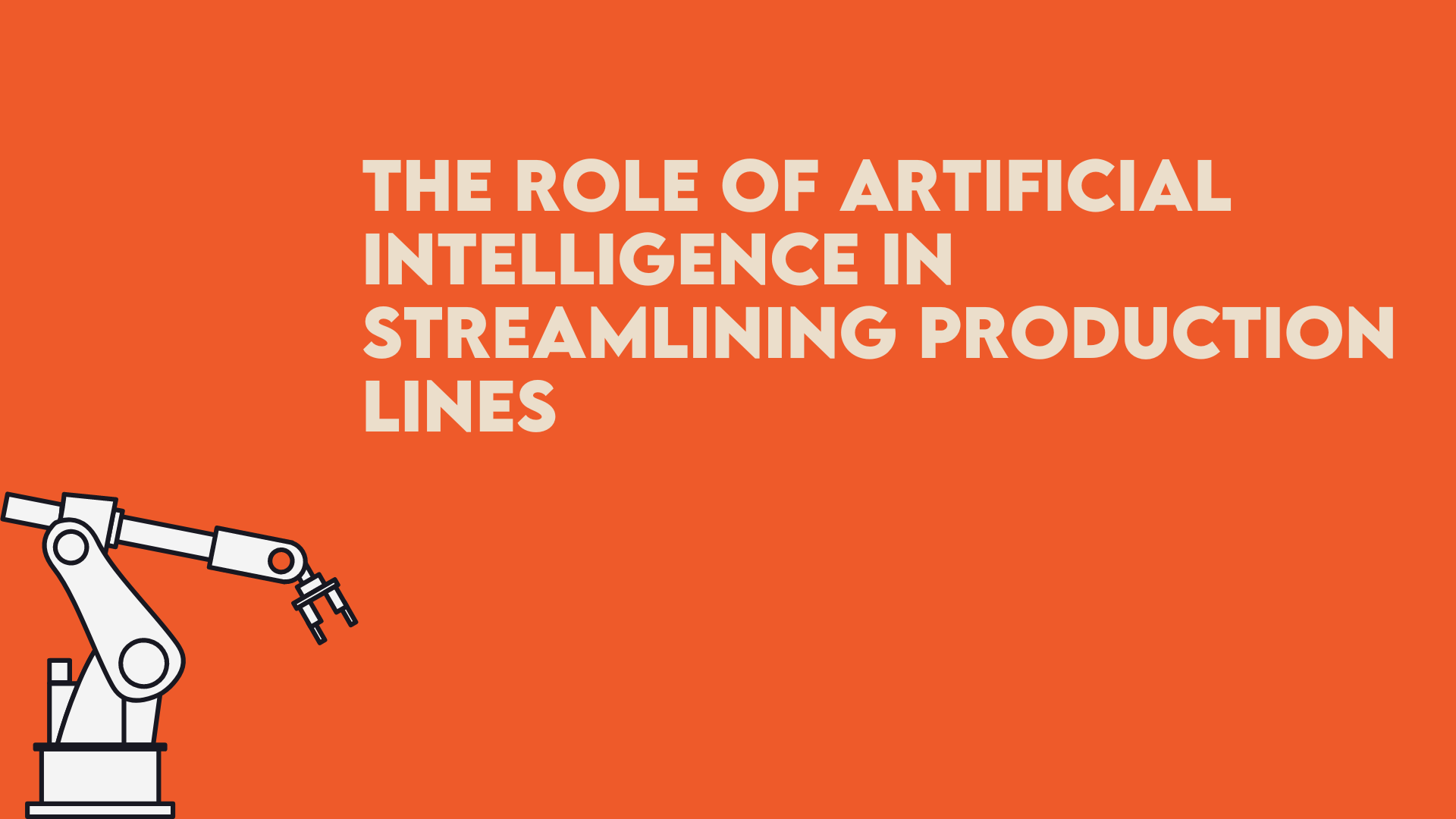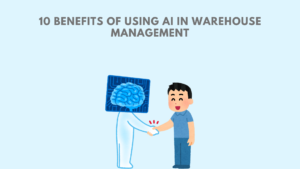In today’s rapidly evolving industrial landscape, the integration of Artificial Intelligence (AI) into manufacturing processes is revolutionizing how products are made. By leveraging AI, manufacturers are finding innovative ways to streamline production lines, enhance efficiency, and minimize waste. This shift towards smarter manufacturing not only optimizes operations but also paves the way for a new era of industry where precision, speed, and intelligence reign supreme. Let’s delve into the transformative role of AI in modern production lines.
Revolutionizing Manufacturing with AI
Predictive Maintenance
One of the most impactful applications of AI in manufacturing is predictive maintenance. Traditional maintenance schedules rely on routine checks, which can be both costly and inefficient. AI transforms this approach by analyzing data from equipment sensors to predict when a machine is likely to fail or require maintenance. This foresight allows manufacturers to address potential issues before they lead to downtime, ensuring continuous production and reducing unexpected expenses.
Quality Control
Quality control is another area where AI shines. By using machine learning algorithms and computer vision, AI systems can inspect and detect defects in products with greater accuracy and speed than human workers. This not only improves product quality but also reduces waste and rework costs. Furthermore, AI-powered quality control adapts over time, learning from new data to continually enhance its inspection processes.
Inventory Management
AI also revolutionizes inventory management by optimizing stock levels and reducing waste. By analyzing sales data, production rates, and supply chain variables, AI algorithms can predict inventory needs with remarkable accuracy. This ensures that manufacturers keep an optimal stock level, avoiding both overstock and stockouts, thus reducing holding costs and increasing operational efficiency.
Customization and Personalization
In the era of mass customization, AI enables manufacturers to offer personalized products without compromising on speed or cost. AI systems can quickly reconfigure production lines to accommodate custom orders, allowing for individual customization at scale. This not only meets the increasing consumer demand for personalized products but also gives manufacturers a competitive edge in the market.
Integrating the Supply Chain
AI plays a crucial role in streamlining the supply chain, from raw material sourcing to product delivery. By analyzing data across the entire supply chain, AI can identify bottlenecks, predict market changes, and suggest optimal routes and methods for material and product transportation. This integrated approach enhances coordination, reduces delays, and improves overall supply chain efficiency.
Overcoming Challenges
While the benefits of AI in manufacturing are clear, integrating these technologies comes with its challenges. These include the initial investment costs, the need for skilled personnel to manage AI systems, and the importance of data security and privacy. However, by addressing these challenges through strategic planning and ongoing education, manufacturers can successfully harness the power of AI to transform their production lines.
Conclusion
The role of Artificial Intelligence in streamlining production lines is undeniably transformative. By enhancing predictive maintenance, improving quality control, optimizing inventory management, enabling mass customization, and integrating the supply chain, AI is setting new standards for efficiency and productivity in manufacturing. As we move forward, the integration of AI into production processes will continue to evolve, offering even greater opportunities for innovation and efficiency. For manufacturers willing to embrace this change, the future looks not only smart but also incredibly promising.









